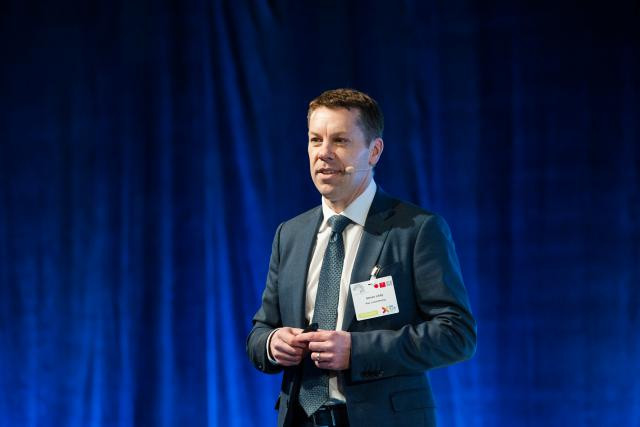Although the industry is set for growth over the next ten years, asset and wealth managers must become business revolutionaries, even disruptors, if they’re to survive and prosper. Now is the time for action. Asset and wealth management has been in a period of upheaval globally since the 2008–2009 global financial crisis (GFC) that’s intensifying. The modern-day industry has remained fundamentally the same since the last decade of the 20th century; over the next ten years it will be substantially reinvented. There will be major changes to fees, products, distribution, regulation, technology and people skills needed. Assets under management (AuM) will continue to grow rapidly. PwC estimates that by 2025 AuM will have almost doubled – rising from US$84.9 trillion in 2016 to US$145.4 trillion in 2025. This growth will likely be uneven in consistency and timing: slowest in percentage terms in developed markets and fastest in developing markets.
Looking forward, the following interconnected trends will drive the AWM industry’s revolution:
Buyers’ market
Increased regulation, competition and new entrants are disrupting traditional value chains and revolutionising wealth managers’ raison d’être. Regulations are being introduced worldwide to prevent asset managers from paying commissions to incentivise distributors, leading to lower cost retail products.
Meanwhile, institutional investors have the tools to differentiate alpha and beta – they will pay more for alpha but not for beta.
As low-cost products gain market share, and larger players benefit from scale economies, there will be further industry consolidation and new forms of collaboration. Asset and wealth managers must be ‘fit for growth’ or they can expect either to fail or to become acquisition targets.
Digital technologies: do or die
The AWM industry is a digital technology laggard. How well firms embrace technology will help determine which prosper in the years ahead. Technology giants will enter the sector, flexing their data analytics and distribution muscle. The race is on.
Funding the future
Asset and wealth managers have been filling the financing gaps that have emerged since the GFC. To generate alpha, their involvement in niche areas such as trade finance, peer-to-peer lending and infrastructure will dramatically increase. Equipping individuals to save for old age, as governments step back, will also support growth in AuM. Action is needed to capitalise on the gaps.
Outcomes matter
Investors have spoken loudly. They want solutions for specific needs – not products that fit style boxes. Active, passive and alternative strategies have become building blocks for multi-asset, outcome driven solutions. Demand for passive and alternative strategies will grow quickly. While active management will continue to play an important role, its growth over the near term will be slower than passive. Managers must deeply understand their investors’ needs, tailor solutions and focus on optimising distribution channels. They must also focus on their core differentiating capabilities and move to outsource non-core functions, such as tax compliance. Investors have great choice; they will move to optimal solutions regardless of prior loyalties.
These four trends will transform the industry’s nature and structure. The industry must act in three areas:
Strategy
Firms should reorganise the business structure to support their differentiating capabilities and to cut costs elsewhere.
Technology
Every firm must embrace technology as it impacts all functions.
People
Different skills are needed, backed by new employment models. Firms must find and develop people with new skills and adapt their employment models to nurture and retain them.
The AWM industry is in a time of unprecedented change, and the time to act is now!
By Steven Libby partner, PwC Luxembourg and asset & wealth management leader, co-chair of Alfi
